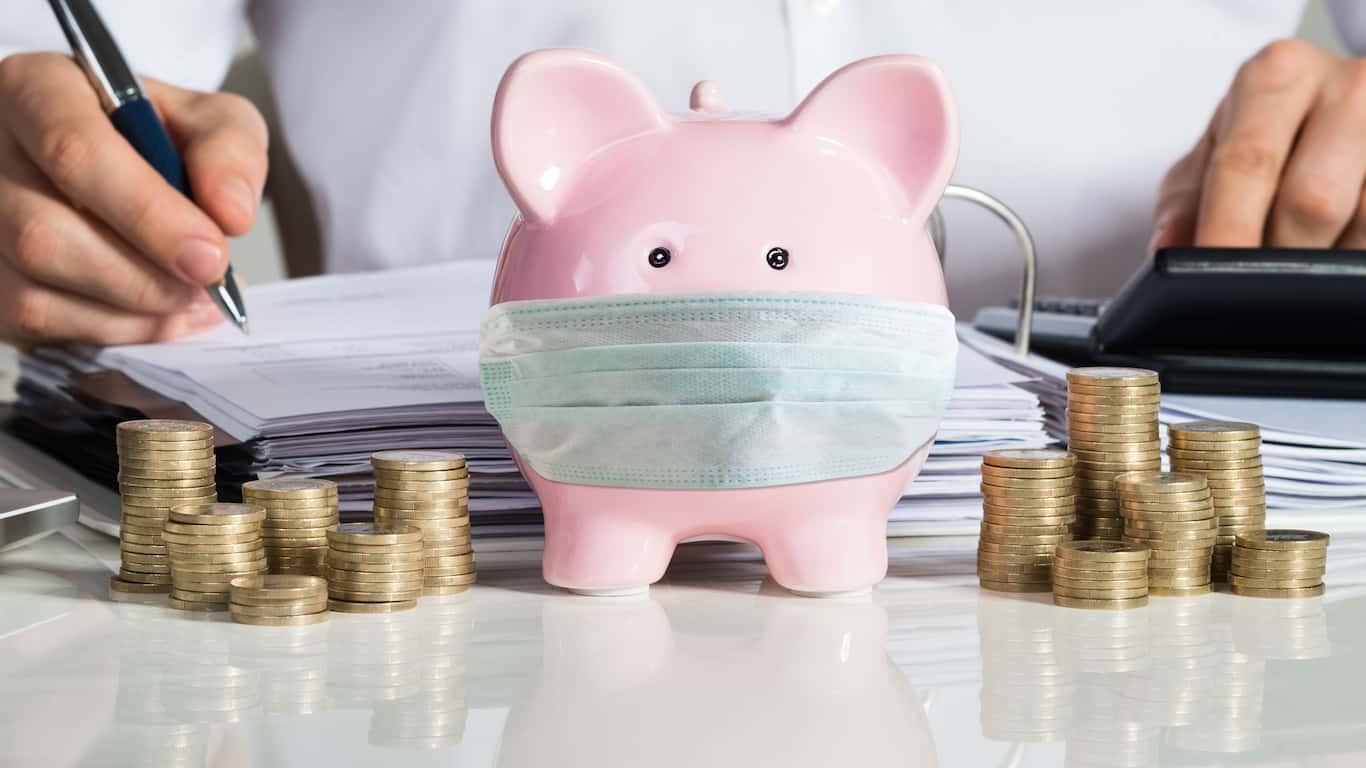Managing Your Finances Before (and During) a Recession
While most people are familiar with the term “recession,” they may not know how it affects them directly. Simply put, a recession is an economic downturn that lasts at least six months (i.e., two fiscal quarters). The downturn is linked to an overall decline in economic activity, in which supply mostly outweighs demand due to a lack of consumer spending.
As a result, an individual is more likely to lose their job (or see a reduction in salary) during a recession, while those who own businesses can see their revenue grind to a halt. Due to the income uncertainty and everything that comes with it, people from all walks of life need to brace for the impact a recession will have on their personal finances.
It’s not always easy to predict when a recession will hit, but there are plenty of fiscally responsible practices one could employ before the economy starts to get murky, or even when the downturn is already sustained. Here are some tips on how to manage your finances in times of uncertainty.
Paying Off High-Interest Debt
Being burdened with debt in an issue for many Americans, no matter what shape the economy is in. When it comes to credit cards, Americans owe nearly $1 trillion in debt, which is exacerbated in large part due to high interest rates. For people who fall behind on payments, compounding interest and late penalties can create the feeling of drowning in debt, with no lifesaver in sight.
Clearly, a recession will only add to the stress of credit card debt, while potentially making it more difficult to pay off your balance. Some issuers will offer temporary relief in the form of forbearance or other recession-influenced leniencies, however, the debt will still remain.
A more proactive method for tackling high-interest credit card debt may be through refinancing, or consolidating multiple debts, with a personal loan. By paying off credit card debt with a personal loan, a consumer can repay the amount to the lender on their own terms (i.e., length of repayment plan) and at a potentially lower interest rate. While a personal loan does not eliminate debt, it can save a consumer a lot on interest while also eliminating the need to pay off multiple credit card balances per month—simplifying it into one easy payment per month.
Fiona matches consumers with personalized loan offers from top providers, it’s quick and easy. Try it below!With the money you do earn leading up to or during a recession, it’s important to create a budget that will still allow you to set aside some savings. While there are many reasons to save (e.g., buying a house, college education, retirement), it’s also important to set up an emergency fund, which is especially vital when your income is compromised. An emergency fund is typically defined as having three to six months’ worth of expenses tucked away.
Unlike a retirement fund, which cannot be accessed for a long time without penalty, an online savings account is an ideal way to set aside some money for a recession-level event. Savings accounts work to grow your extra cash via interest, rather than sitting stagnant in your checking account. Since a recession can last well beyond six months, it’s important to start saving sooner than later to build up your emergency fund.
Back to budgeting, it’s important to curb any unnecessary spending during a recession, which will make it easier to save while also providing some other benefits. With credit cards, for example, less spending can result in a lower credit utilization ratio, which can (link: /learn/articles/how-is-a-credit-score-calculated text: boost your credit score). Paying your balance on time and in full is also good for building credit; the better your score, the more likely you’ll get approved for financial products (i.e., credit card, loans) when you need them most.
Bottom Line
Clearly, there is no definitive plan for getting all your financial ducks in a row when a recession is looming. Recessions are unpredictable, as far as when they will occur and how markets will react to certain events. Still, taking a good holistic approach, by limiting overspending while staying on top of payments and savings, will help keep you afloat during rough waters.
Struggling to keep track of all of your credit card payments? Get matched with personalized loan offers and consolidate that credit card debt into one easy payment!SEE OFFERSYou might also be interested in
Disclaimer: The material provided on this site is not intended to provide legal, investment, or financial advice or to indicate the suitability of any Engine by MoneyLion product or service to your unique circumstances. For specific advice about your unique circumstances, you may wish to consult a qualified professional. Any information or statistical data sourced by Engine by MoneyLion through hyperlinks, from third-party websites, are provided for informational purposes only. While Engine by MoneyLion finds these sources to be accurate, it does not endorse or guarantee any third-party content.
